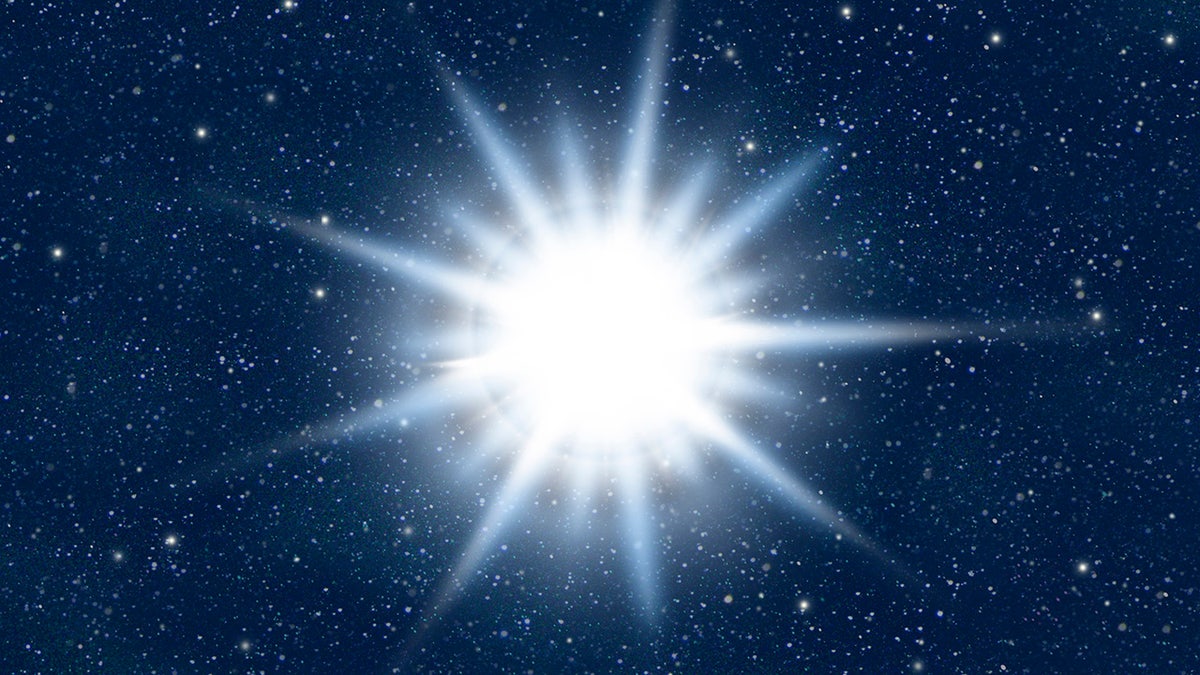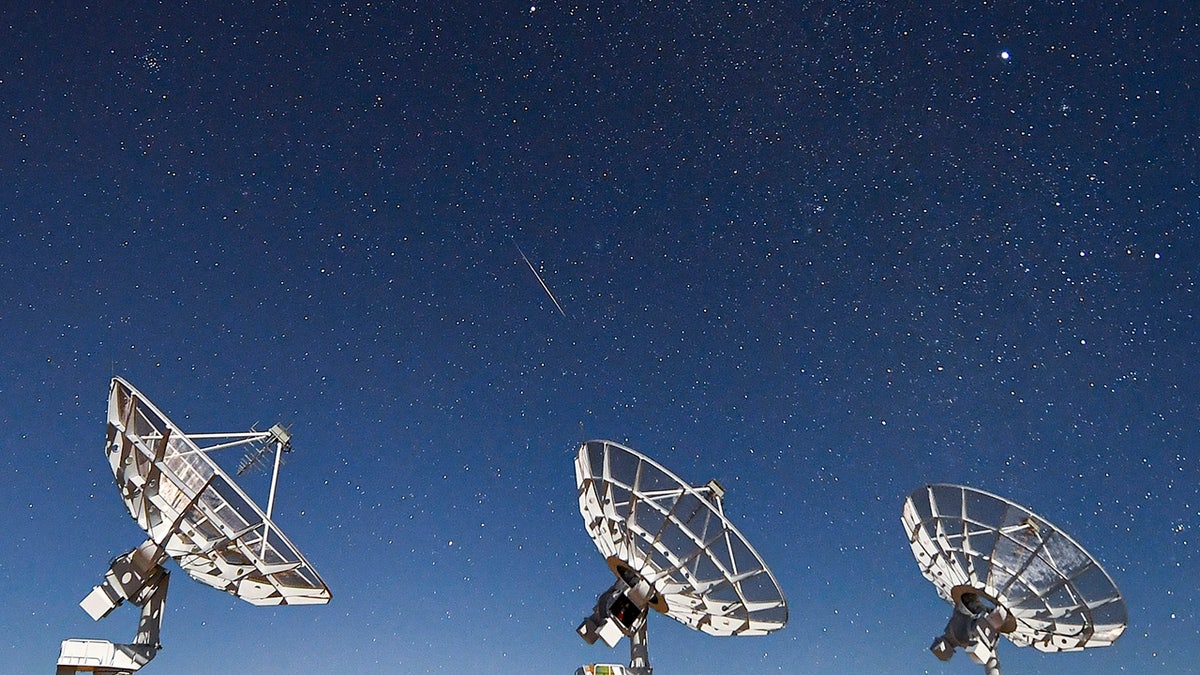Fox News Flash top headlines for January 26
Fox News Flash top headlines are here. Check out what's clicking on Foxnews.com.
Researchers in Australia said they located a "spooky" item about 4,000 light-years away that mysteriously becomes one of the brightest objects in the sky for about one minute every 20 minutes, according to a report.
Natasha Hurley-Walker, an astrophysicist from Australia’s Curtin University, International Center for Radio Astronomy Research, said observing its odd bursts of radiation was a bit spooky because "there’s nothing known in the sky that does that," Bloomberg reported.

Nova, a white dwarf that assimilates gaseous matter from a neighboring star, suddenly becoming extremely bright before it returns to its initial brightness. (QAI Publishing/Universal Images Group via Getty Images)
Phys.org reported that there are theories about what the object could be. The main theory is that the object is a neutron star or white dwarf, which the website identified as "collapsed cores of stars—with an ultra-powerful magnetic field."
JAMES WEBB SPACE TELESCOPE ARRIVES AT ORBITAL HOME 1 MILLION MILES FROM EARTH

A meteor of Geminid meteor shower streaks over radio telescopes at Daocheng County in the early morning on Dec. 14, 2021, in Garze Tibetan Autonomous Prefecture, Sichuan Province of China. (He Haiyang/VCG via Getty Images)
Hurley-Walker also pointed out that the object is 4,000 light-years away, which may sound like a long haul but is seen by astrophysicists as essentially akin to being in our own "galactic backyard." There are other known objects that flash in space, but this frequency has not been seen.
She said there is a theory about a "slowly spinning neutron star."
"But nobody expected to directly detect one like this because we didn't expect them to be so bright. Somehow it's converting magnetic energy to radio waves much more effectively than anything we've seen before," she said.








































